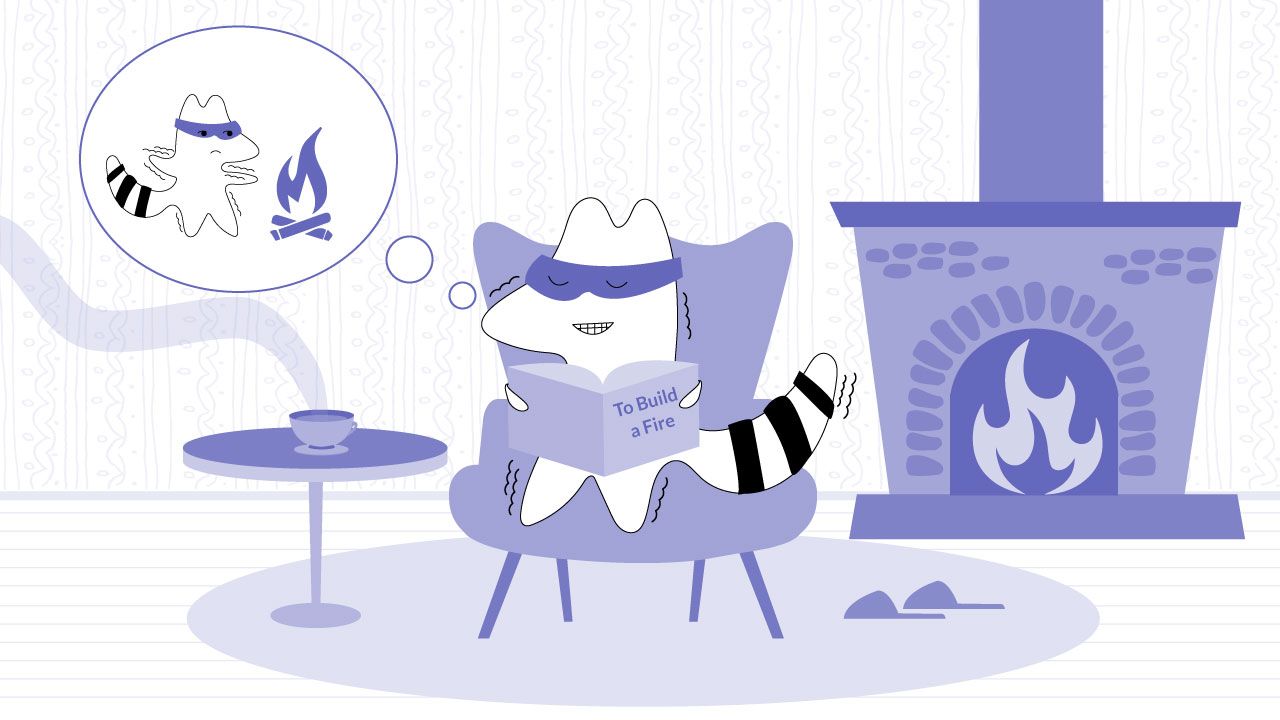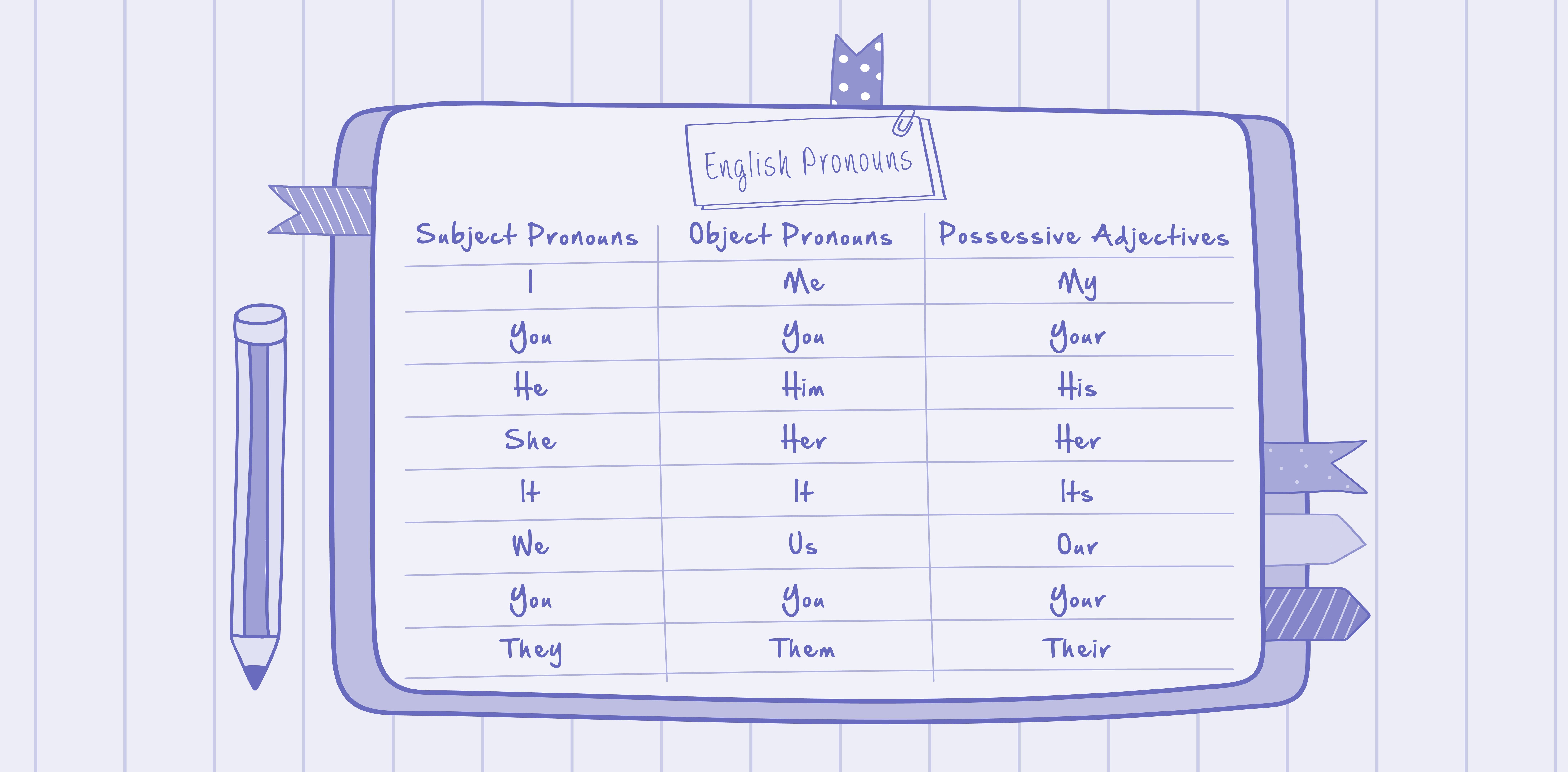
Anyone who wants to learn a new language must read extensively in that language. But what are the best kinds of readings to help improve your English skills?
Some people might say that only grammar textbooks or long, dense books can help you become proficient in a foreign language. However, we believe that reading short stories is one of the best ways to learn English and boost your English reading skills. Here’s why:
Short stories are, well, short. This means that they are easy to fit into your busy schedule. You can read them on your commute, in between classes, or before bed.
They are also usually written in a style that is easy to understand. This is because the author has to make their point quickly and efficiently. As a result, short stories are a great way to learn new vocabulary and improve your grammar.
Best of all, short stories are enjoyable to read! They are usually exciting, interesting, and can be finished in one sitting. This means that you will actually want to read them, which is important when trying to learn a new language.
Classic stories like 'Cinderella' and 'The Lottery' are excellent for language learners due to their rich language and themes. These stories are well-known and time-honored, making them exemplary pieces of literature that are often recommended for improving English skills.
Here are 10 of the best short stories to read if you want to improve your English skills:
Learn English with Langster
The Lottery by Shirley Jackson
The Lottery by Shirley Jackson is a short story about a small town that holds an annual lottery in which every resident of the town must participate, and the winner is chosen randomly. This year, however, there is something different about the lottery.
Instead of picking a name from a hat, the townspeople draw pieces of paper with names on them. One of the pieces of paper has a black spot on it, which means that the person who drew it is the winner.
The story ends with a shocking twist, and Jackson does a great job of creating suspense and tension throughout. This makes The Lottery an exciting story to read and a great way for English language learners to diversify their language learning process.
Little Dorrit by Charles Dickens
Little Dorrit is a novel by Charles Dickens that tells a story about a young woman, Amy Dorrit, who lives in a debtor’s prison with her father. They are eventually released, and Amy falls in love with a wealthy man named Arthur Clennam. As a classic tale, it offers valuable lessons and rich language that are beneficial for English learners.
However, Arthur is soon revealed to be just as much of a prisoner as Amy was, albeit a prisoner of his own wealth and status. He is finally able to escape his gilded cage with Amy’s help, and they live happily ever after.
This story is a great way to learn new vocabulary, as it includes many words associated with money and finance. It’s also a good way to learn about British culture and history, as Dickens set his novel in Victorian England. You can also find out more about social issues, as Dickens was known for his criticism of the British class system.
The Old Man and the Sea by Ernest Hemingway
The Old Man and the Sea is a famous short novel by Ernest Hemingway. It tells the story of an old Cuban fisherman who goes out to sea and catches a giant fish. The fish is too big for him to bring back to shore by himself, but with the help of a young boy he meets, the old man is finally able to bring the fish home.
This story is great for those who want to improve their English skills, as it is written in a very straightforward and unpretentious style. Hemingway is known for his “iceberg theory” of writing, which means that he only includes the most important details in his stories. This makes his work easy to understand, even for those who don’t have English as their first language. Reading this novel can significantly improve your English language skills, especially in terms of vocabulary and comprehension.
If you’re already familiar with this Hemingway work but like his writing style, you can also try Hills Like White Elephants – another well-known short story that will make you read between the lines, trying to discover the hidden meaning of what you just read.

The Happy Prince by Oscar Wilde
The Happy Prince is one of the most famous fairy tales out there, written by Oscar Wilde. It’s about a statue of a happy prince who is covered in gold and has precious jewels for eyes. The statue is loved by everyone in the city, but it is eventually brought down by a storm.
When the statue is broken, the people see that he was only covered in gold and that his jewels were just glass. They realize that they only loved him because he was beautiful on the outside, but he was really just a regular statue.
This story is a great way to learn new vocabulary, as it includes many words associated with art and beauty. It’s also a good way to learn about figurative language, as Wilde uses a lot of metaphors and similes in his writing. Learners can also practice using the new vocabulary and concepts from this story in their own writing to further enhance their skills.
Charlotte's Web by E.B. White
Charlotte’s Web is a classic children’s book by E.B. White. It tells the story of a spider named Charlotte who lives in a barn on a farm. She befriends a pig named Wilbur and decides to help him when she learns that he is going to be killed for food.
This story is a great way to learn new words, as it contains vocabulary related to animals and farming. It is also a touching and heartwarming story about friendship, which makes it perfect both for kids and beginning English language students.

The Monkey’s Paw by W.W. Jacobs
The Monkey’s Paw is a short story by W.W. Jacobs. It tells the story of a family who is given a monkey’s paw that has the ability to grant wishes. The family is hesitant to use the paw, but they eventually give in to temptation and make a wish. However, the wishes always come with a price, and the consequences are often worse than the original problem.
This story is a great way to learn the English language, as it is very engaging and intriguing. Although it doesn’t have a happy ending, it’s a good way to learn about cause and effect in the context, as this suspenseful story shows how one action can lead to unforeseen consequences. As one of the recommended English reading stories, it is perfect for both kids and beginning English learners.
The Gift of the Magi by O. Henry
The Gift of the Magi is a classic Christmas story by O. Henry. It’s about a young couple, Jim and Della, who are very poor but deeply in love with each other. They each want to buy the other a Christmas present, but they can’t afford anything.
In the end, Jim sells his watch to buy Della a beautiful comb for her hair, and Della sells her hair to buy Jim a chain for his watch. Even though they don’t have anything left, they are both happy because they were able to give each other the perfect gift.
This story is a great way to learn new vocabulary, as it includes many words associated with Christmas and gift-giving. It’s also a heartwarming story that will remind you of the true meaning of Christmas. This story is also a great way to improve your language skills, as it is very engaging and intriguing.
The Tortoise and the Hare by Aesop
The Tortoise and the Hare is a classic fable by Aesop. In the story, a hare challenges a tortoise to a race. The hare, confident in his speed, takes a nap halfway through the race. When he wakes up, he realizes that the tortoise has passed him and is about to cross the finish line. The hare then sprints as fast as he can but still loses the race.
As a modern story, it uses simple language and relatable characters, making it ideal for English learners.
This story teaches an important lesson: even if you’re not the best at something, you can still win if you try hard enough and never give up. This is a great message for anyone who is learning English, as it can be difficult to become proficient in a new language.
The story also has a lot of repetition, which makes it perfect for those who are just starting to learn English as their second language. The repetition will help you remember the vocabulary, and the simple plot is easy to follow.

Rikki-Tikki-Tavi by Rudyard Kipling
You’ve probably heard about The Jungle Books that tells a story about a boy called Mowgli who was raised by wolves. Rikki-Tikki-Tavi is another short story by the same author – Rudyard Kipling.
It’s about a mongoose, Rikki-tikki, who is brought to live with a family in India. He quickly becomes friends with the family, but he also has to protect them from the snakes that live in the area. Rikki-tikki is a brave and clever mongoose, and he eventually defeats the snakes.
This story is a great way for beginners to learn new vocabulary, as it includes many words associated with animals and nature. It’s also a good way to learn about different cultures, as Kipling was born in India and spent a lot of time there. In addition to classic fables, science fiction stories can also be a great way to learn English, as they often include imaginative and engaging content.
To Build a Fire by Jack London
This classic short story is about a man who is traveling through the Yukon Territory in Canada during the winter. He is not prepared for the cold weather and ends up losing his matchsticks, which are his only means of starting a fire. The man soon realizes that he is in danger of freezing to death, and he is forced to make some difficult choices.
This is a very engaging story to improve your English skills. In addition to learning new words, you get to learn about survival, as the man must use all of his knowledge and resources to stay alive. This is one of the many English stories that can help learners improve their vocabulary and comprehension skills.
The Bottom Line

A good story encourages us to learn more about the world around us and, sometimes, it can even help us escape our own lives to explore a new, fictional world every day. But not only that! Reading stories is also one of the most effective methods to learn the English language and improve your English language skills in a natural way – without poring over the textbooks or memorizing new vocabulary by heart.
By reading stories that are easy to understand, you will be able to improve your vocabulary, grammar, and writing skills. Not only that, but you will also get to learn some valuable lessons along the way!
To make short stories an integral part of your language learning experience, download our Langster app and learn English with new, bite-sized stories every day. Happy reading!









